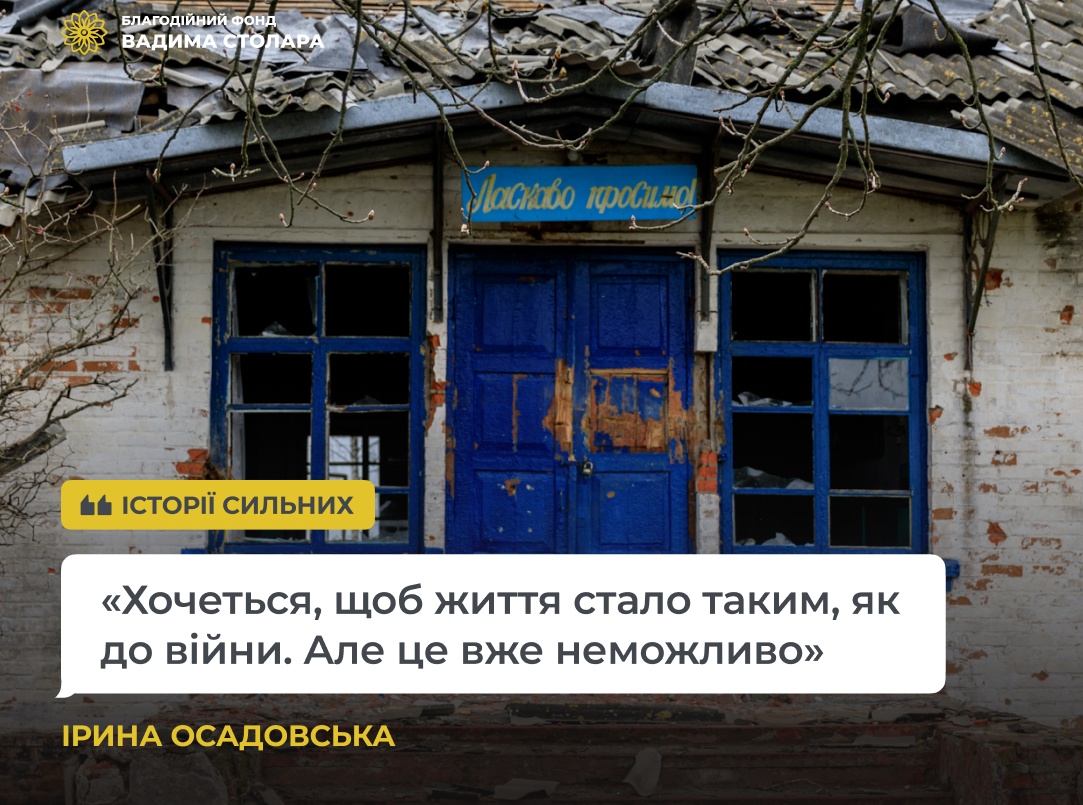There was a sense of confusion

Cardiologist, head of the department of the National Institute of Cardiovascular Surgery named after M. Amosov
The first hours were a feeling of complete confusion. Until the head doctor ordered everyone to gather in the assembly hall of the hospital. "Since then, everything seemed to fall into place. I understood where I should be and what I should do."
Patients who could be treated at home were urgently discharged. Doctors at workplaces worried about their relatives. Iryna's daughter worked and lived on the other side of the Dnieper. Later, succumbing to her mother's persuasion, she moved in with her.
The daughter says: the war has begun
"Then we both decided that we would continue to work in Kyiv. Actually, she and I moved to work," says Iryna.
And he recalls: "Many people then moved to live, just like me, to work. Even with children and pets... We took turns for several days at a time. The two upper floors of the institution were occupied by employees with their families. Patients whom we could not discharge were transferred to the lower floors so that they can be transported more quickly to the storage."
Want life to become like before the war
Iryna tells about how they provided help to wounded soldiers after their clashes with saboteurs. About a fellow surgeon who went to serve as a soldier in the "Azov" regiment, and employees who, fleeing the war, traveled from Kyiv and ended up in the occupation.